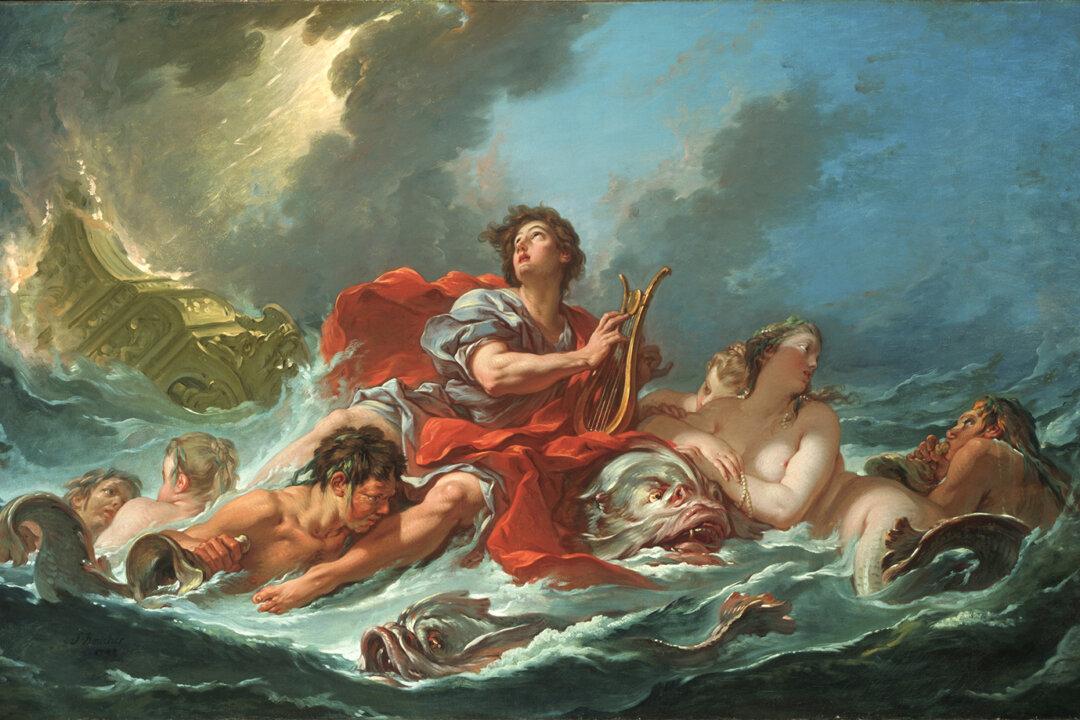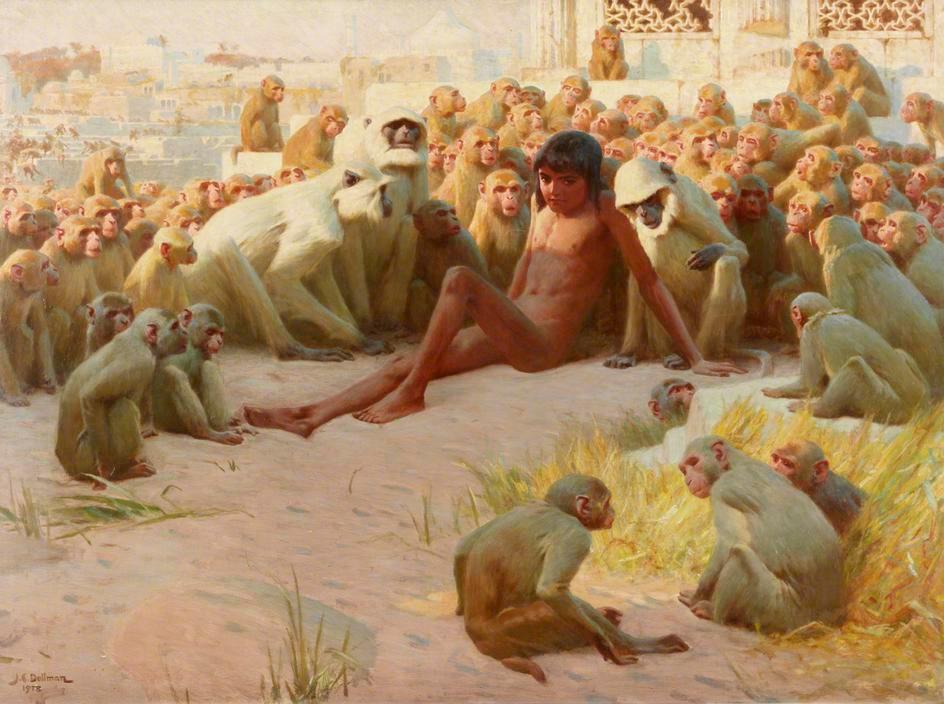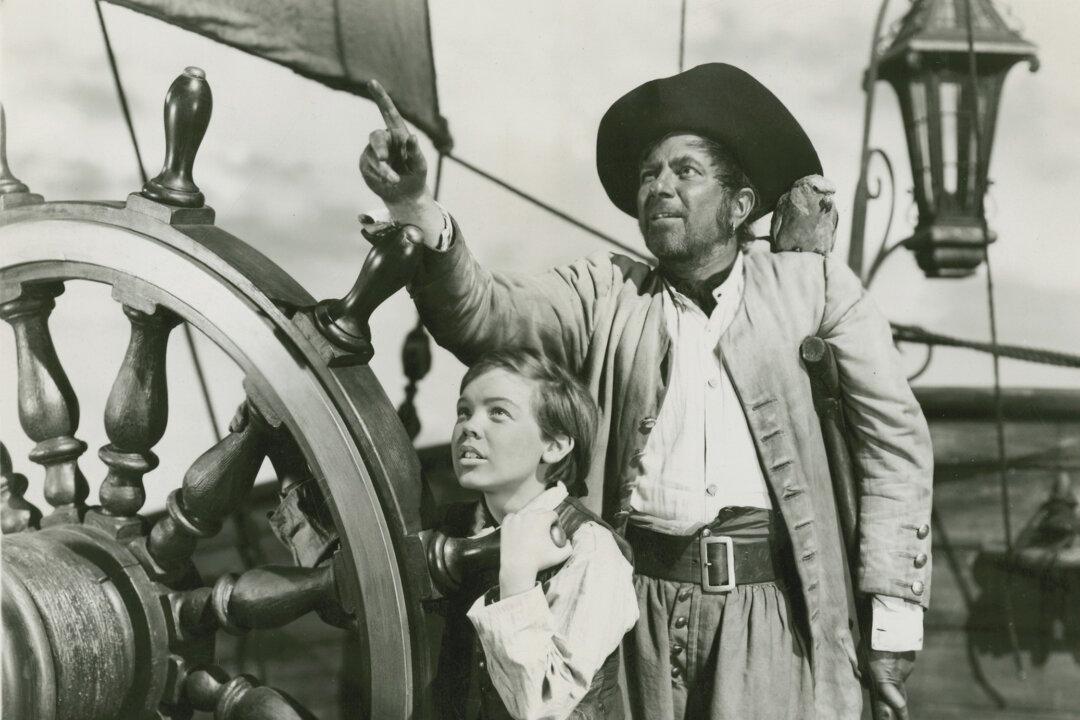One way or another, people must make sense of the world, but how they come to that understanding begs the question of what it means to understand something. Does understanding hang on things like structure or significance or something else altogether?
Poetry is one way to come to an understanding of things on several levels. Derived from the Greek “poiesis,” meaning “to make,” poetry makes rational, emotional, and spiritual connections between physical and metaphysical reality, helping us to understand that the physical functioning of matter is not all that matters. There are deeper functions and higher forces that cannot be captured by equations or definitions.





